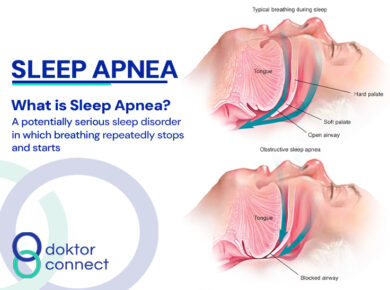Food can help to improve eyesight. A healthy and balanced diet is good not just for your body or your heart but also for your eyes. The eyes rely on tiny arteries for oxygen and nutrients. Keeping those arteries healthy will help your eyes.
A diet low in fat and rich in fruits, vegetables, and whole grains can help not only your heart but also your eyes.
- Carrots
Carrots are rich in beta-carotene, which the body utilizes to produce Vitamin A. Vitamin A helps the eye convert light to a signal sent to the brain, allowing you to see better in low light.They are antioxidants that benefit eye health and protect against age-related eye diseases.
Vitamin A is also necessary for the normal function of the cornea and membranes that surround your eyes.
- Eggs
Just like carrots, the egg yolk contains Vitamin A which is good for the eye. Egg also contains lutein, zeaxanthin, and zinc, which are all vital to eye health
The zinc in an egg will help your body use the lutein and zeaxanthin from its yolk. The yellow-orange color of these compounds blocks harmful blue light from damaging your retina.
- Oranges
Oranges are good for your vision because they’re an excellent source of vitamin C. Vitamin C is an antioxidant, and your body needs it to make connective tissue and healthy blood vessels including those found in your eyes.
Oranges will do more than keep your eyes healthy because they also contain potassium, fiber, calcium, and folate.
- Red Raw Peppers
Like oranges, red peppers contain Vitamin C which helps to keep the blood vessels healthy. Red peppers can lower your risk of getting cataracts; a cataract is a clouding of the normally clear lens of your eye.
- Fish
Fish, particularly salmon, have omega-3 fatty acids. Omega-3 fatty acids contribute to visual development and the health of the retina in the back of the eye.They can also help prevent dry eyes. Low levels of these fatty acids have been linked to dry eyes.
- Sweet Potatoes
Orange-colored fruits and vegetables like sweet potatoes, carrots, and mangos are high in potassium, fiber, and beta-carotene, a form of vitamin A that helps with night vision.
- Spinach
Spinach and other dark, leafy greens are rich in two antioxidants stored in the macula—lutein and zeaxanthin. The macula is a part of the retina that acts as a natural sunblock, shielding the eye from damaging light. Lutein and zeaxanthin absorb blue light, which is especially harmful to the retina.
Spinach also gives you iron, vitamin K, and folate, and is very low in calories.
- Almonds
Almonds, like other nuts and seeds, are generally good for eye health. Almonds contain vitamin E. Vitamin E can help prevent age-related macular degeneration as well as cataracts. Almonds are also rich in zinc and other minerals, plus several B-complex vitamins.
- Milk
Dairy products such as milk and yogurt can be good for the eyes. Milk is a good source of riboflavin and can help to reduce your risk of cataracts.They contain vitamin A as well as the mineral zinc. Vitamin A helps protect the eye against blue light while Zinc helps with night vision and prevents the development of cataracts.
- Beans and Legumes
Beans are foods with low fats and high fibers which helps to keep the eye healthy. Baked beans, kidney beans, and black-eyed peas are high in Zinc which helps us to see at night.
In summary, foods that are rich in Vitamin A, Vitamin C, Zinc, and Omega-3-fatty acids are good for the eyes and should be taken regularly to maintain healthy eyes.



